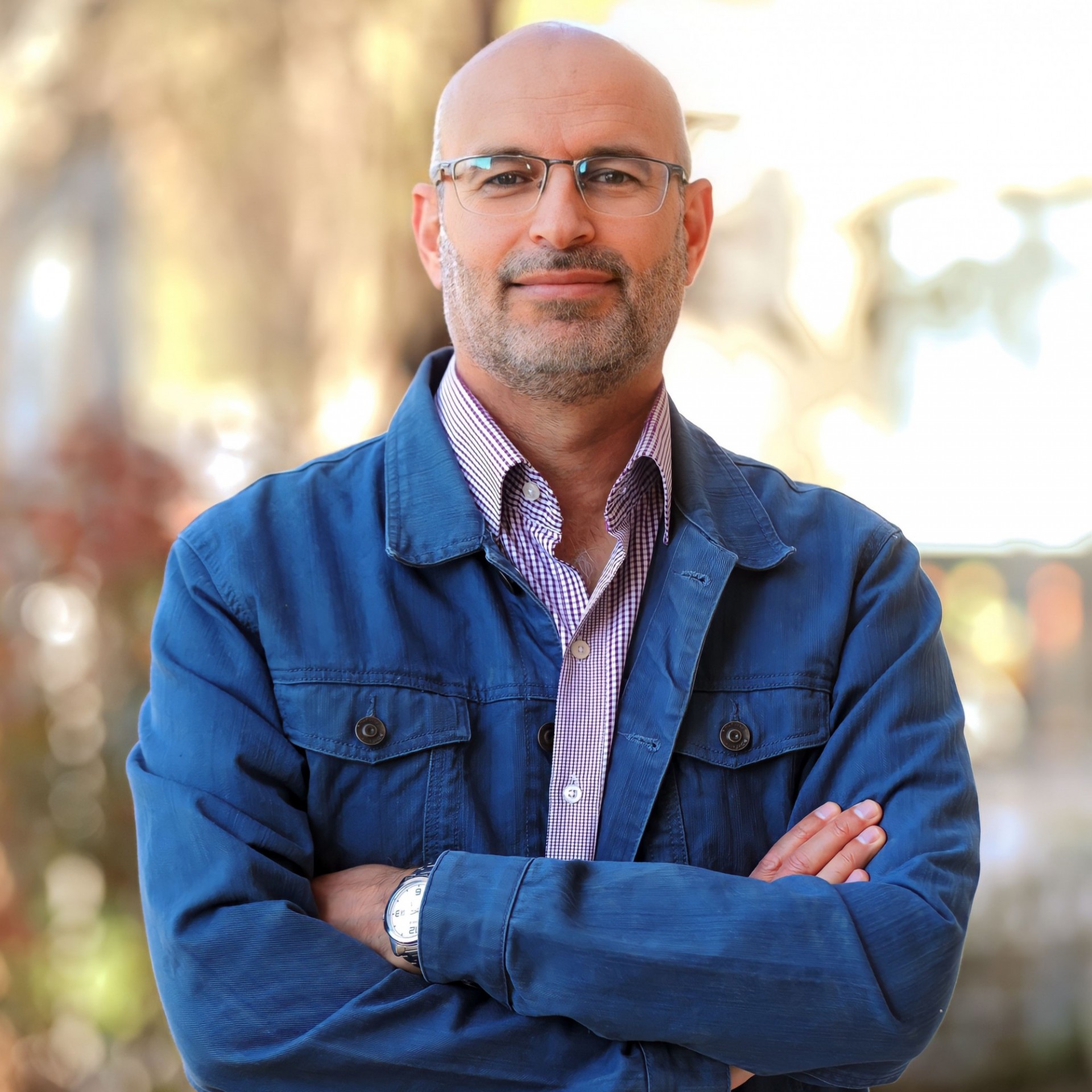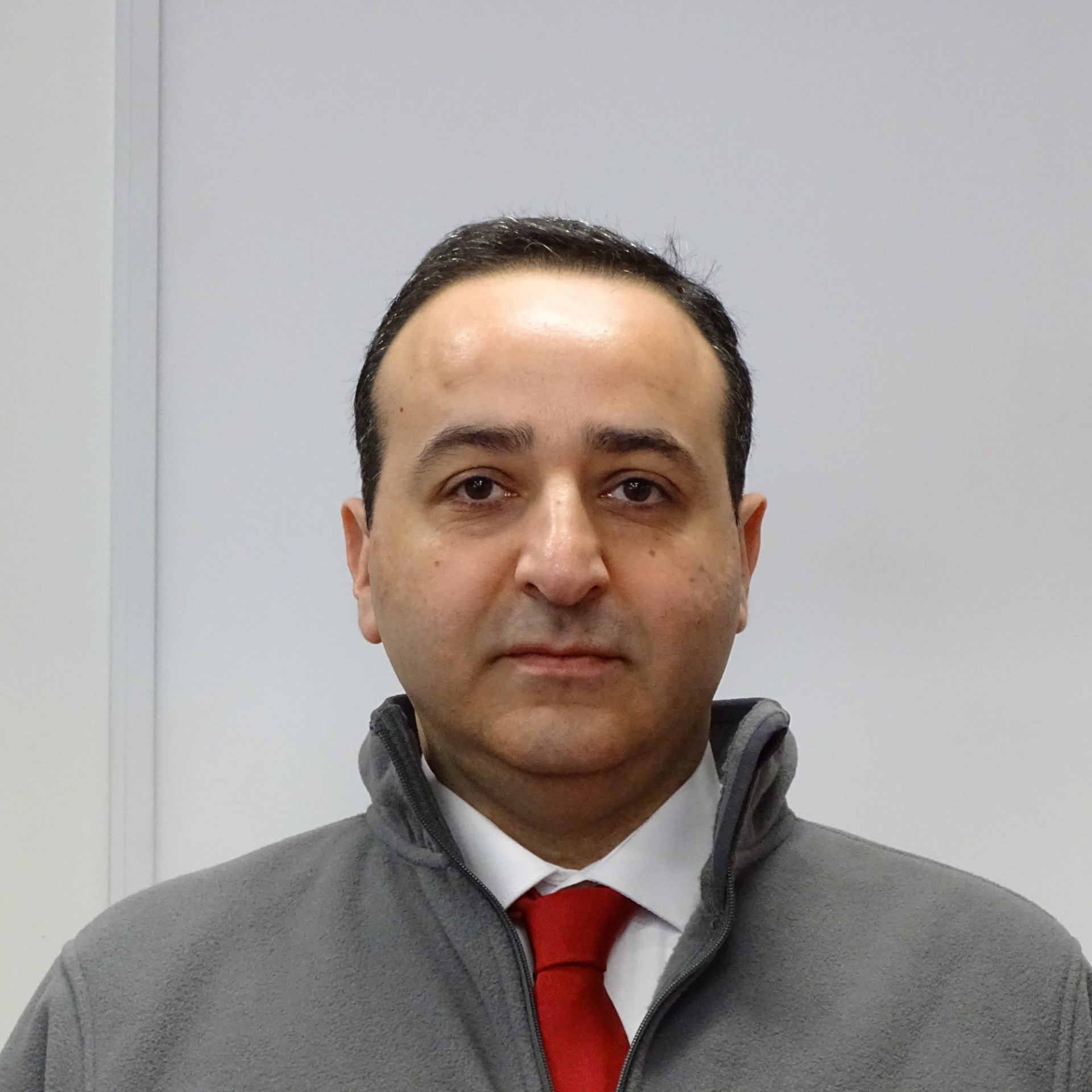In partnership with the Andrew W. Mellon Foundation, Columbia Global Centers | Amman ran the Mellon Fellowship Program as a pilot program from 2020-2023 to support emerging displaced scholars working in the humanities and humanistic social sciences. The goal of the program was to create opportunities for scholars to reintegrate into academia and resume their academic pursuits.
Eligible candidates were scholars in the humanities and humanistic social sciences who have been forcibly uprooted from their home countries and respective academic institutions. They could be graduate students who had their education disrupted or post-doctoral scholars in the early stages of their careers. Creative writers, artists and curators could also apply.
Fellows were expected to participate in scholarly presentations, workshops and roundtable discussions. They were connected to a global network of academics and scholars in Jordan, New York (from Columbia University) and beyond.
Meet our 2023 Mellon Fellows
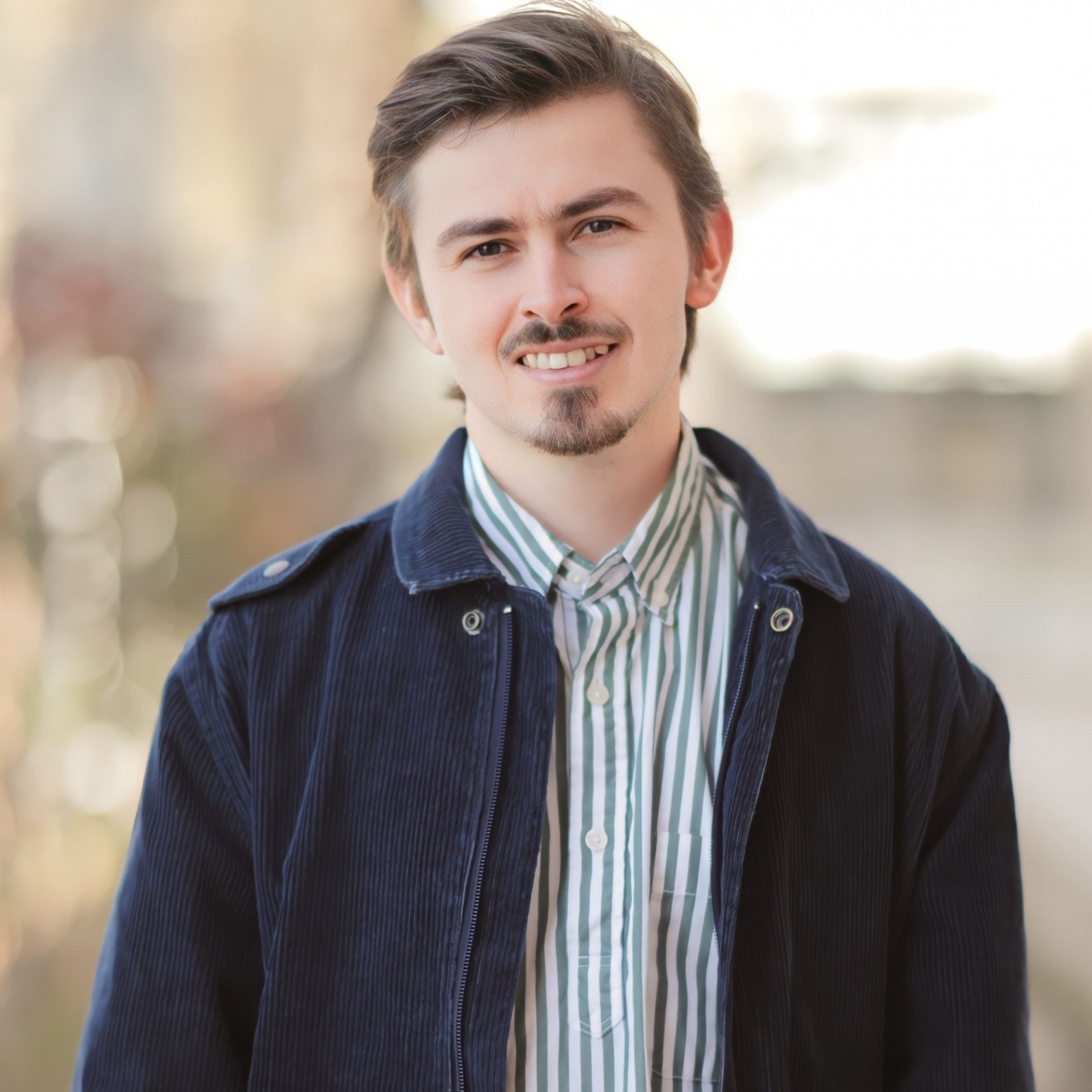
(Russia)
Stepan's research interests are focused on the intersection of society, politics, and art. His research project through the Mellon Fellowship is dedicated to the role of visual culture in the construction of social attitudes toward sexuality in Russia of the late 19th - early 20th centuries.
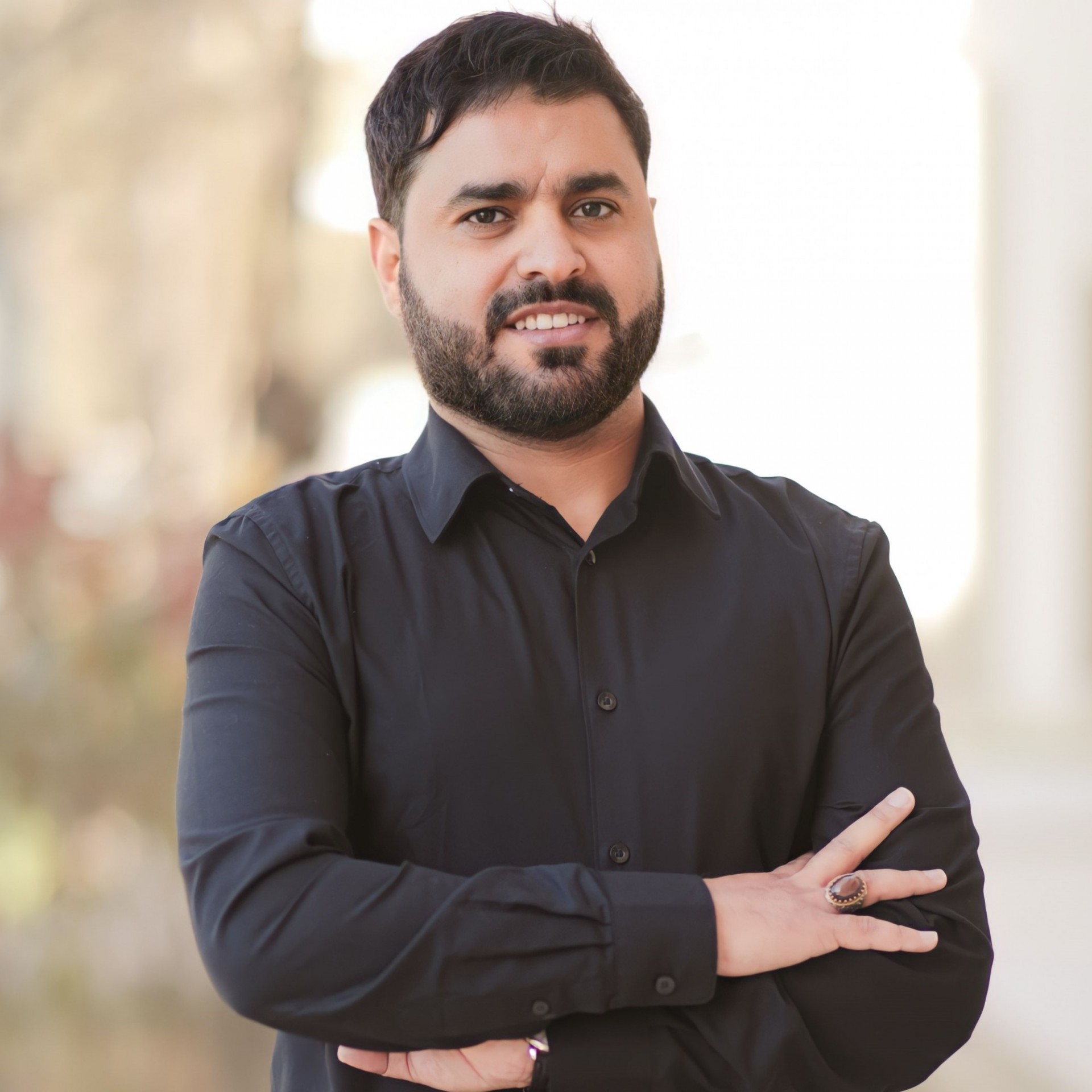
(Yemen)
Basheer's research project through the Mellon Fellowship focuses on the socio-cultural dimensions of the interplay between language and the representation of power relations in texts. More specifically, he is examining the (re)presentation of Yemen in the global press and investigating how the humanitarian issues are addressed and how social gender and inequality are ideologically instructed in the Yemeni context.
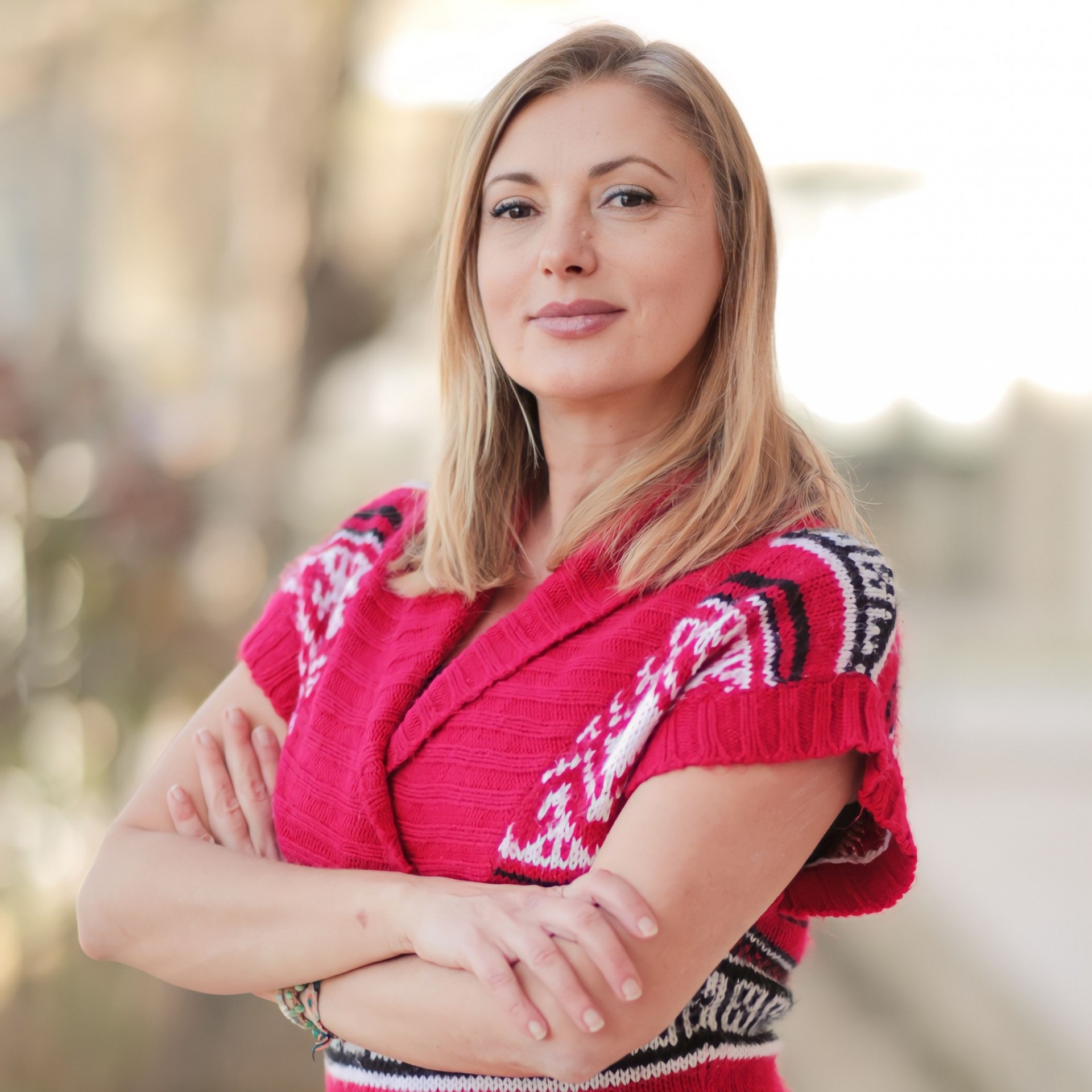
(Turkey)
Tijen is an interdisciplinary scholar whose research focuses on contemporary aesthetics, political practices and relations in art activism and radical social praxis. Tijen is the founder of the international conference series "Art and the City: Urban Space, Art and Social Change," which will next take place in Amman in June 2023.
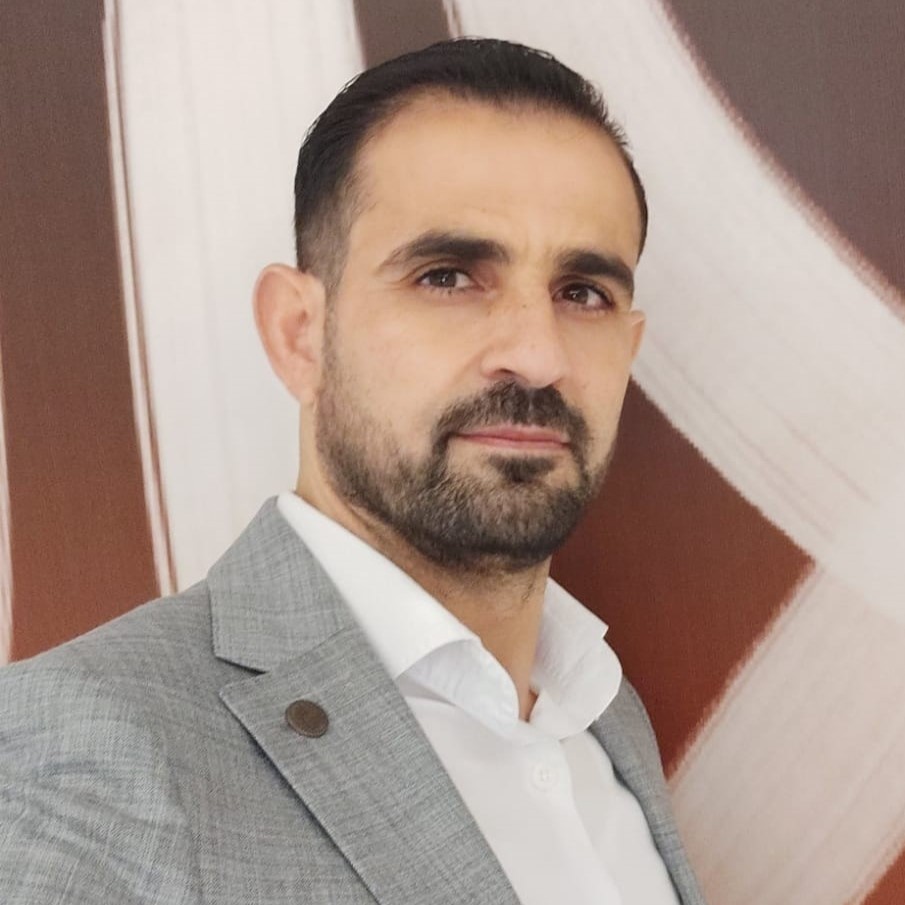
(Syria)
Adnan’s current work focuses on documenting the looting and destruction of archaeological sites in northern Syria and the relationships of local communities in Syria with their cultural heritage before and during the war. His research project through the Mellon Fellowship examines the direct impact of displacement on archaeological sites in northwest Syria.
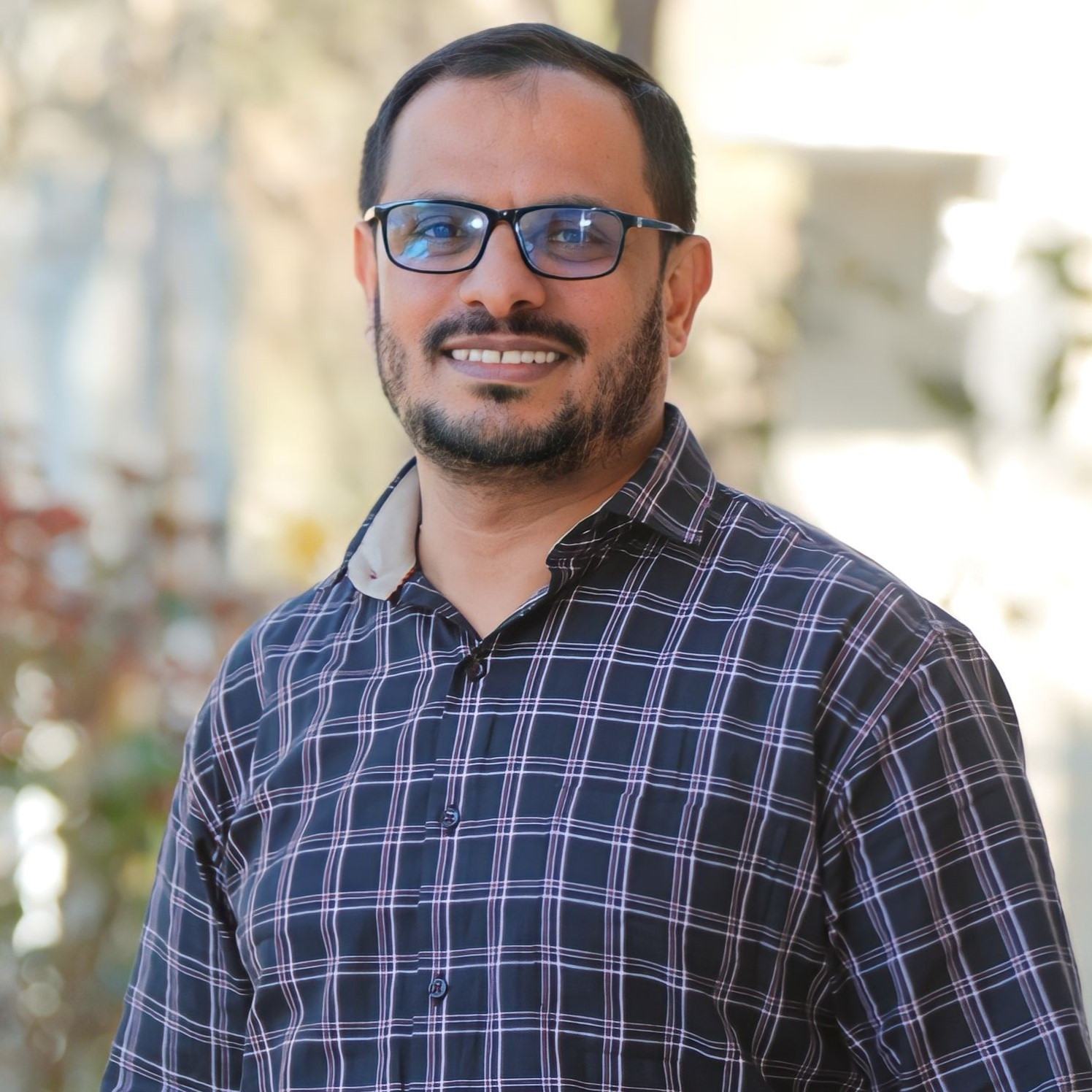
(Yemen)
Mansour’s research through the Mellon Fellowship examines the social progress, cultural regeneration, and the re-making of human dignity in Arab Gulf societies via their contemporary literature. His research covers contemporary transitions in a comprehensive critical analysis of the novels The Bamboo Stalk and The Jasmine's Shadow.
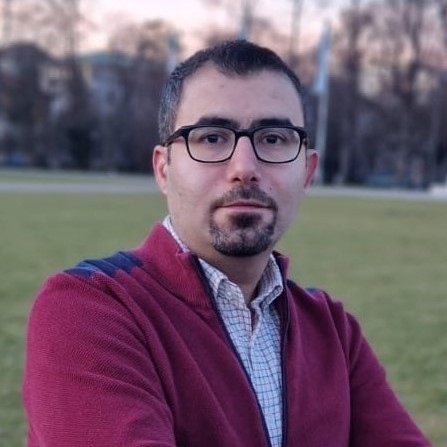
(Syria)
Wadeea's research project through the Mellon Fellowship is focused on interpreting the late Bronze Age urban structure of Tall Munbāqa on the left bank of the Euphrates in Northern Syria and examining the dynamic relations between the social and urban structures of the town implementing an archaeological and epigraphical interdisciplinary approach.
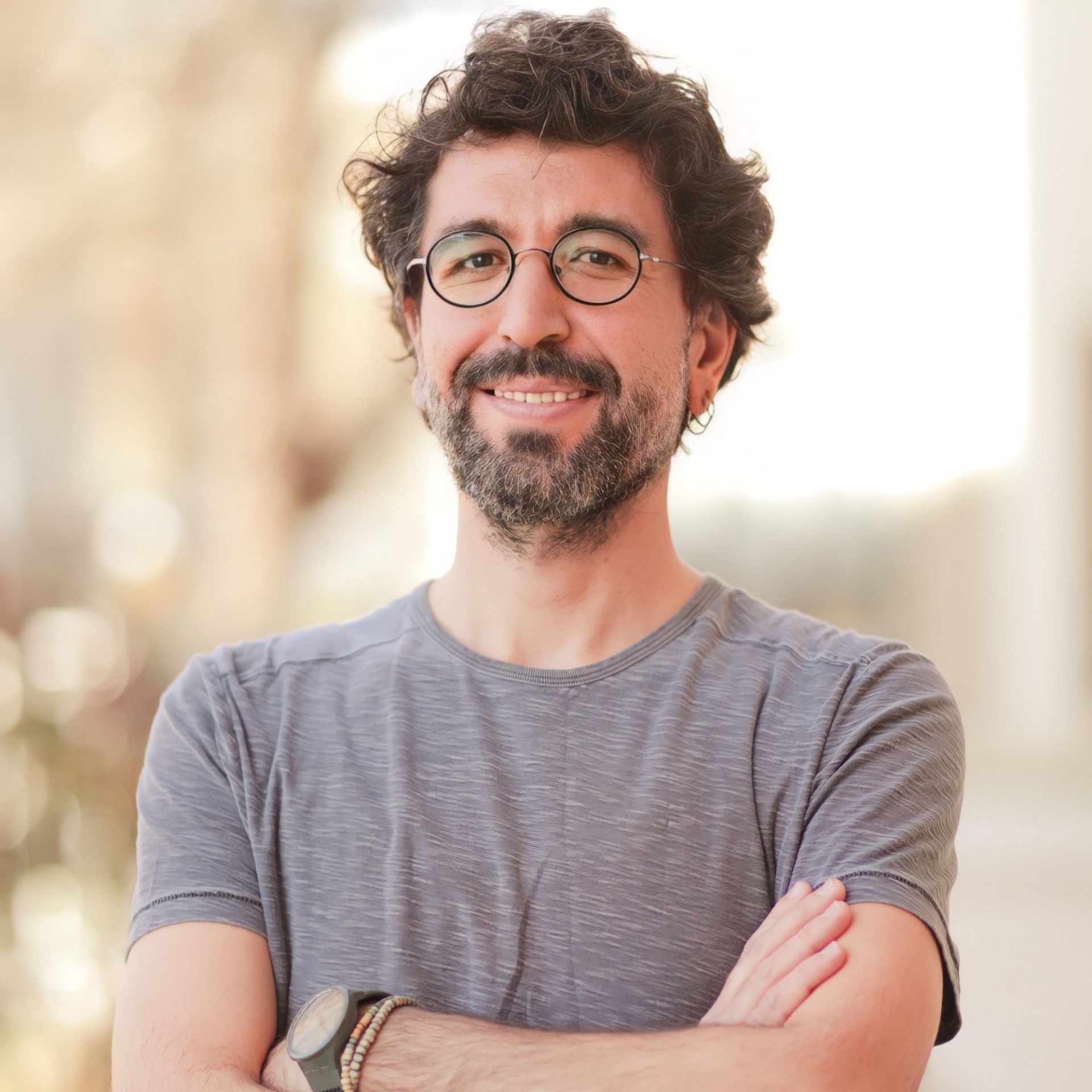
(Turkey)
Özgür is a political sociologist. His research project through the Mellon Fellowship focuses on the relationships between authoritarian regimes, troll politics, and fascistization, studying political activism (e.g. trolls) in digital platforms, such as Twitter. The research aims to understand and explain how authoritarian regimes have reproduced themselves by leaning on the digital world.
Questions?
Please direct any inquiries to Ahmad Al-Mousa at [email protected].
